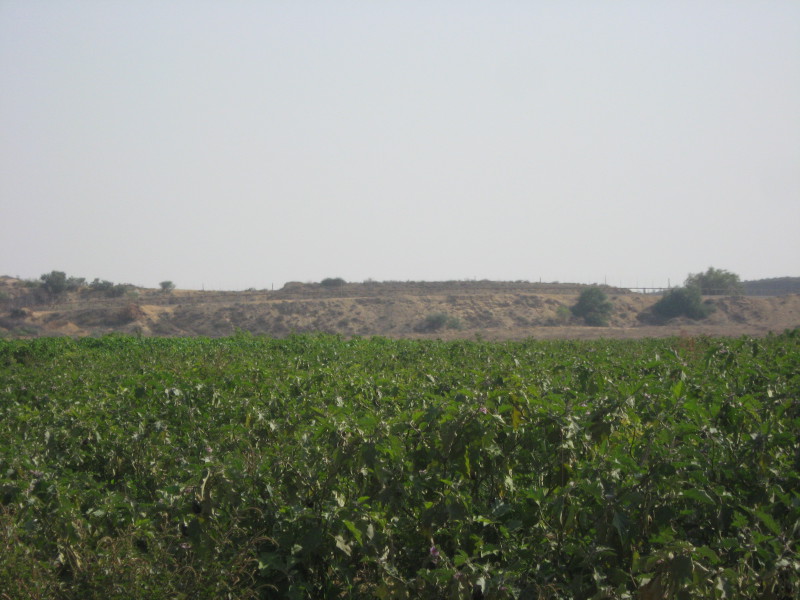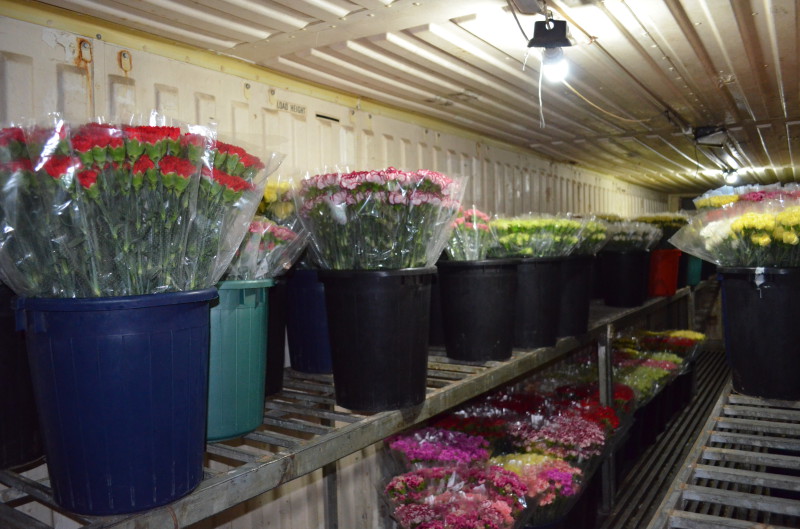Tag: Farmers
-
VIDEO: Land Day, Gaza Strip
27th March 2014 | International Solidarity Movement, Marco Varasio | Gaza, Occupied Palestine On Land Day, 2014, the Union of Agricultural Work Committees in Beit Hanoun, Gaza marched toward the separation barrier in the “no-go zone.” Israeli occupation forces fired tear gas canisters to break up the peaceful demonstration. Two people were overcome by the…
-
Will the flowers of Gaza break Israel’s siege this Valentine’s Day?
12th February 2014 | Corporate Watch, Tom Anderson and Therezia Cooper | Gaza, Occupied Palestine Valentine’s Day is almost upon us and for supermarkets and florists that means a massive increase in the sale of flowers. But how many romantic couples consider where the flowers they exchange are grown? Farmers in Gaza have long been encouraged by…



